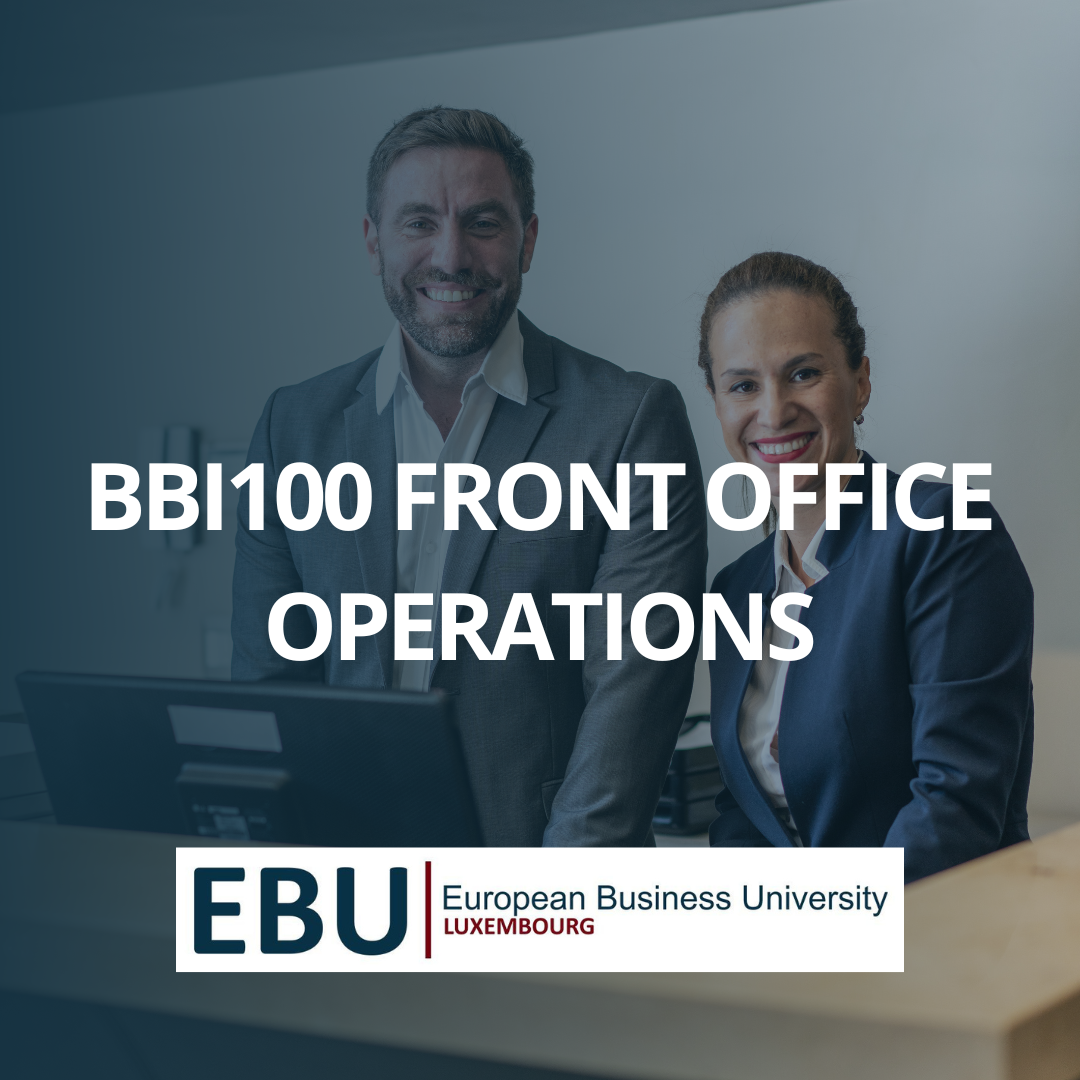
NOTE: Prior Programming Experience is Recommended eg. Python, Java, C++
You MUST have a computer when taking the course.
Students will develop their functional programming skills in the languages Haskell and Plutus. This will help make them competent smart contract programmers; adept at changing the world through the creation of new systems and decentralised applications in the Cardano Ecosystem. The course opens a door of opportunity to work in the early development of Cardano; the fastest growing Cryptocurrency. Which aims to bank the unbanked and create new financial systems for emerging world markets.
The course will teach you the core principles of how to code in both Haskell and Plutus. Modules will cover the building blocks of Haskell and Plutus, including functions and data types, type classes, monads, template Haskell, using the Plutus Playground, The Marlowe Playground, the Extended UTXO model, working with Plutus on and off the chain, minting policies, state machines, the Plutus application framework, as well as case studies and practical exercises.
Prerequisites: While you do not need to be an expert in formal methods, programming experience and a general aptitude for logical and mathematical thinking are highly desirable.
PS: Taking the Plutus/Haskell course leads to potential internships through being connected with companies to develop smart contracts.
- Profesor: Ernest Musyoki

Pre-requisites:
- Prior Programming Experience is Recommended eg. Python, Java, C++
- CP108 Plutus/Haskell course recommended
NOTE: You MUST have a computer when taking the course.
This course is concerned with the development of applications on mobile and wireless computing platforms. Android will be used as a basis for teaching programming techniques and design patterns related to the development of standalone applications and mobile portals to enterprise and commerce systems. Emphasis is placed on the processes, tools and frameworks required to develop applications for current and emerging mobile computing devices. Students will
work at all stages of the software development life-cycle from inception through to implementation and testing. In doing so, students will be required to consider the impact of user characteristics, device capabilities, networking infrastructure and
deployment environment, in order to develop software capable of meeting the requirements of stakeholders. Upon completion, students should be able to create basic applications for mobile devices.

- Profesor: Tina Karme

This course presents a systematic approach to front office procedures by detailing the flow of business through a hotel, from the reservations process to check-out and account settlement. The course also examines the various elements of effective front office management, paying particular attention to the planning and evaluation of front office operations and to human resources management. Front office procedures and management are placed within the context of the overall operation of a hotel. This course is designed to familiarize the student with the rooms division of the hotel. Emphasis will be placed on various front office functions: forecasting, reservation procession and guest registration, night audit and check-out procedure. The student will further be instructed in all aspects of the unique relationship between the front office and the other departments of the hotel. New case studies and the most current real-world examples will help the student to understand: the role of each staff member in maintaining quality service, the strategy to keep the front office profitable, the guest safety and key control guidelines that must be part of daily procedures and the impact of the latest technology. The course covers how to understand, organize, perform, and evaluate all of the front office functions so critical to the success of a hotel. Includes automation and computer applications throughout all aspects of the guest cycle and covers: maximize profits in establishing room rates, forecasting room availability, budgeting and using yield management techniques; handle all phases of personnel including recruiting, selecting, hiring, orienting, training, scheduling and motivating; work effectively with today’s multicultural labor force; increase revenues by incorporating sales techniques into the reservations process.
- Profesor: Kevin Odongo

Provide students with an understanding of the basic concepts of negotiation.
Equip students with skills and strategies needed to excel in various negotiation scenarios.
- Profesor: Simona SANDRU
- Profesor: Stefana Trif

In university few of us are thought about what successful product development is. This course will teach you about the process that a development team adopts in order to transform code into a successful product ready to be customer delivered.
COURSE OBJECTIVES
This course is designed to enable students to acquire the necessary skills and strategies to create software in an agile manner using development principles, practices, methodologies and help them become proficient in delivering high-quality software. Also, the ability to work collaboratively in cross-functional teams, understand the roles and responsibilities of each team member, together with effectively communicate project progress.
- Profesor: Andrei Blindu
- Profesor: Bogdan Herinean
- Profesor: Simona SANDRU
